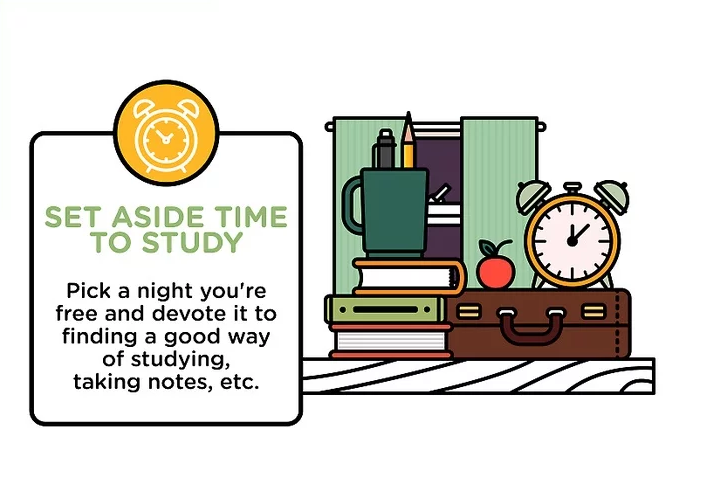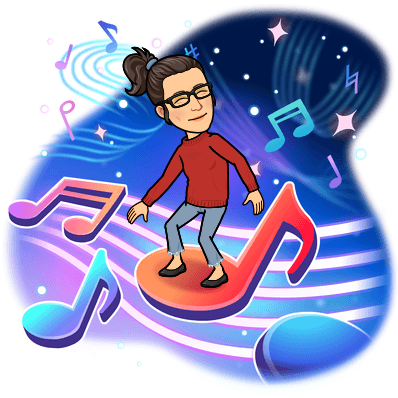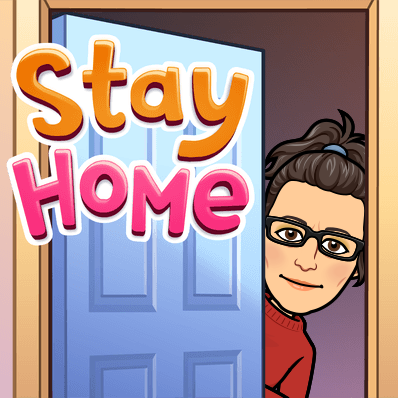
I can’t stand or I can’t bear, is used to say that you do not like someone or something at all, or that you think that something is extremely unpleasant:
I can’t stand bad manners.
But now, although we’re going through a difficult time, the Coronavirus disease outbreak, we have to stand it, we have to bear it, we have to learn how to cope with this disease.
In this context, all these three ways of saying how we should approach this situation, mean the same: to be able to accept or deal well with this difficult or upsetting situation [= tolerate], and they are interchangeable.
I couldn’t stand the thought of leaving Danielle.
I don’t know if I can stand the waiting any longer.
How can you stand Marty coming home late all the time?
*Stand is usually used in questions and negatives
She was afraid she wouldn’t be able to bear the pain.
Oh, I really can’t bear him.
Make the water as hot as you can bear.
Sometimes I find it hard to cope.
Authorities have to cope with the problems of the pandemic.
So…





